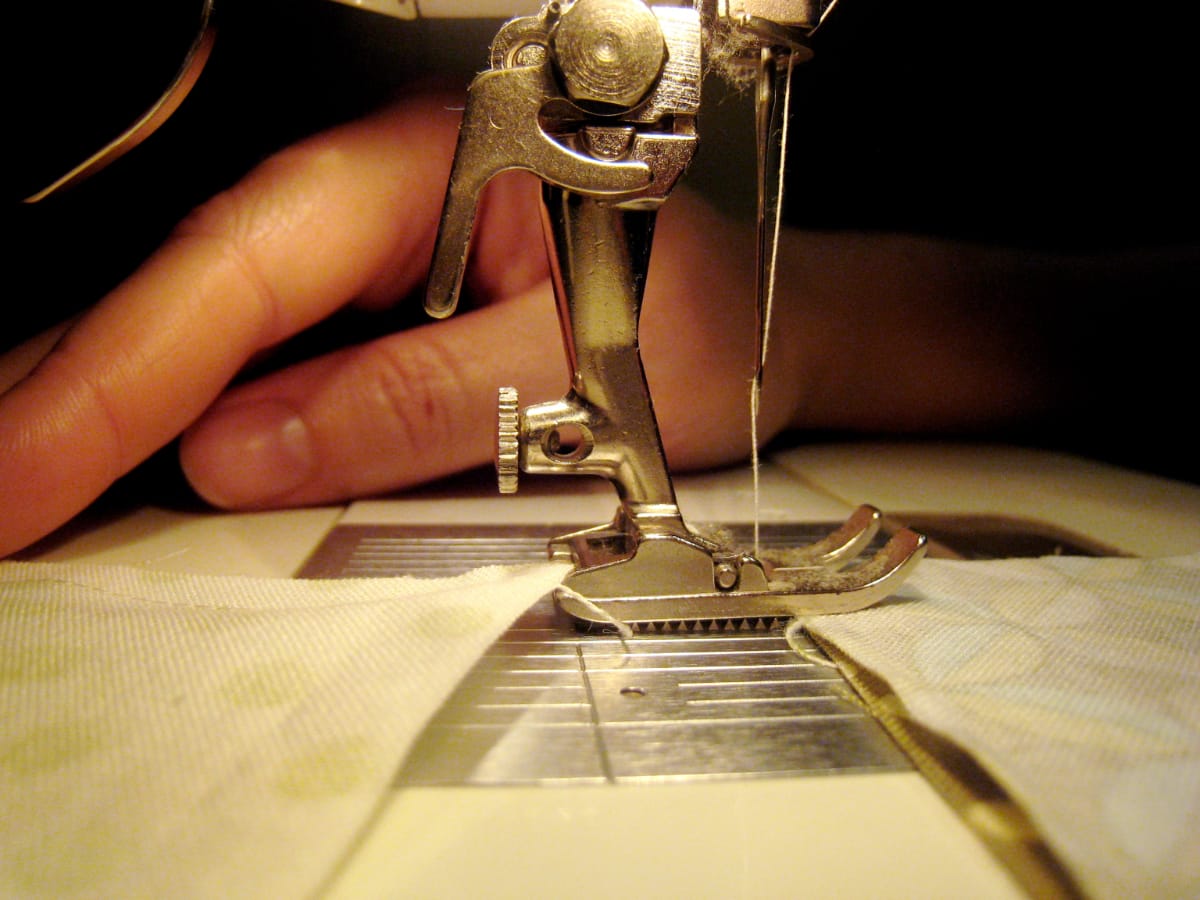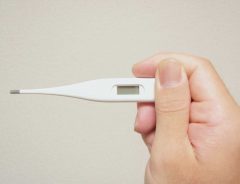
Source: Bruce Turner | © Flickr.com
Prisoners Across Japan Join In Fight Against COVID-19 By Producing Face Masks
- Tags:
- coronavirus / COVID-19 / Face masks / Masks / prisoners
Related Article
-

Coronavirus pandemic: thermometers and batteries in short supply
-

Breathe in the smell of spring with Japan’s sakura scented masks
-

Bonuses Down and Paycuts a Must in Pandemic-slammed Japan
-

Minor hero from Kinnikuman wants to save the world from coronavirus with non-contact hook
-

Large lines form for last order as Starbucks closes 850 stores across Japan
-

Up your work-from-home production with this Japanese privacy tent


As the number of cases of COVID-19 patients continues to rise, and the nation comes to terms with new rules set about by the government in order to keep everyone safe, it comes as no surprise that there is a serious lack of masks and protective gear across Japan.
Despite factories both inside and outside of the country churning out personal protective equipment at an almost superhuman pace, it seems as though demand for gear will not be slowing down anytime soon. The stressful effects that come with the knowledge that there is an insufficient amount of equipment available, has not only been felt by individuals but also by the companies that are trying their hardest to distribute the much-needed supplies.
In order to aid society and to meet the ever-increasing demand, prisoners of Japan have undertaken the task of producing masks and other protective gear.
According to a report from Jiji.com, there are currently around 100 inmates from prisons across Japan taking part in the project, all working together to produce over 60,000 masks each month, in order to meet the high demands that began in March. The prisons involved presently are located in Aomori, Kyoto, Osaka, Kakogawa, Yamaguchi, Iwakuni and Takamatsu, however, prisons in Tsukigata and Yokohama are also preparing to take part in the manufacture of products.
Some drugstores have completely run out of supplies of facemasks | Photo: MIKI Yoshihito CC by 2.0
In an article from The Mainichi it is stated that the prisons from Kyoto and Osaka alone, are aiming to dispatch around 4,600 sets of gear each month.
The article also highlights how eight inmates at the Mine Rehabilitation Program Center in Yamaguchi Prefecture produced around 1,800 cloth masks since the end of March. The manufacture was requested by the city of Mine at the end of the month and the products were delivered to children taking part in elementary and junior high school opening ceremonies on the 8th of April.
Principal of Omine Elementary School, Kunihiro Nagayasu, handed the masks out to students in the school playground, where he explained who made the equipment and why. Of the masks he said, “I think they made the masks in the hope you would try hard at school, please use them carefully and with a sense of gratitude."
The masks were greatly appreciated by parents who acknowledged the hard work that had been put in by the inmates in order to support society during the current stressful situation. Mitsuki Matsuhashi, aged 11, who received a mask made by inmates is quoted as saying “We are glad (to get these) and they will encourage us in our resistance against the novel coronavirus.”
Following the success of the first batch of masks sent out to Mine City, the inmates are planning to produce another 4,300 by the end of April, which they will then offer to the elderly and vulnerable.
The involvement of inmates in the production of items offered to the public is not as uncommon as it may seem, as many institutions normally offer carpentry and leatherworking projects to inmates as a manner of rehabilitation. With the current crisis underhand, and the increase in demand for protective equipment, companies which normally outsource the production of aprons to prisons and their inmates adjusted their order to include masks. At the beginning of the month, after observing the positive outcome of the inclusion of prisons as a mask manufacturer, the industry ministry asked institutions to also produce medical gowns.
In addition to helping out society at a time of great need, the production of protective gear and equipment is sure to raise awareness amongst the public of the input from prisoners. The involvement of inmates in the manufacturing of goods is also seen as a great way to rehabilitate and to stop them from re-offending in the future.
Despite the good intentions of those involved, it is clear that there is also a shortage of textiles, which could eventually lead to a drop in production of much-needed gear, therefore, details of the prisons that will be taking part in the manufacture and the number of products that will be produced have not yet been revealed.